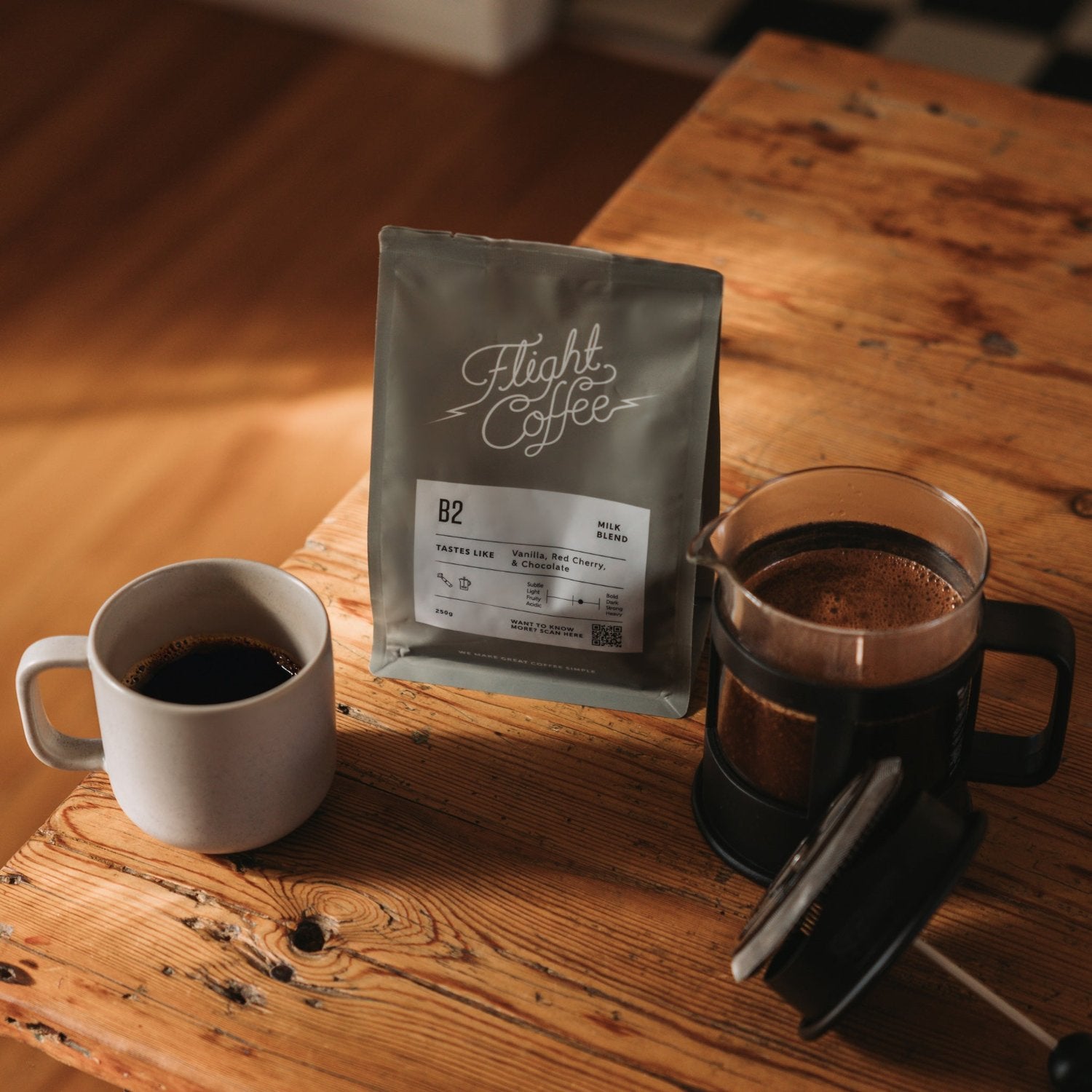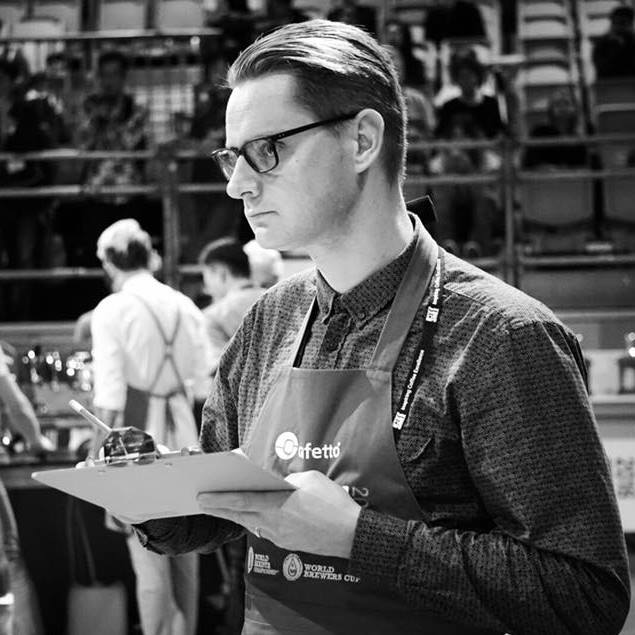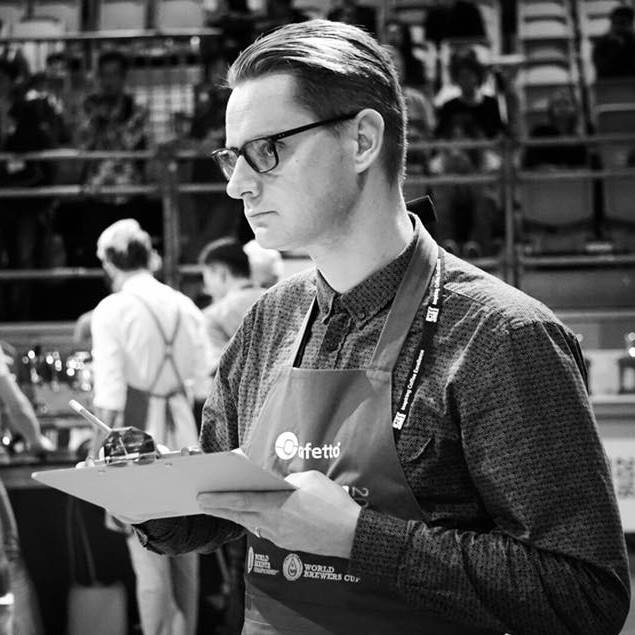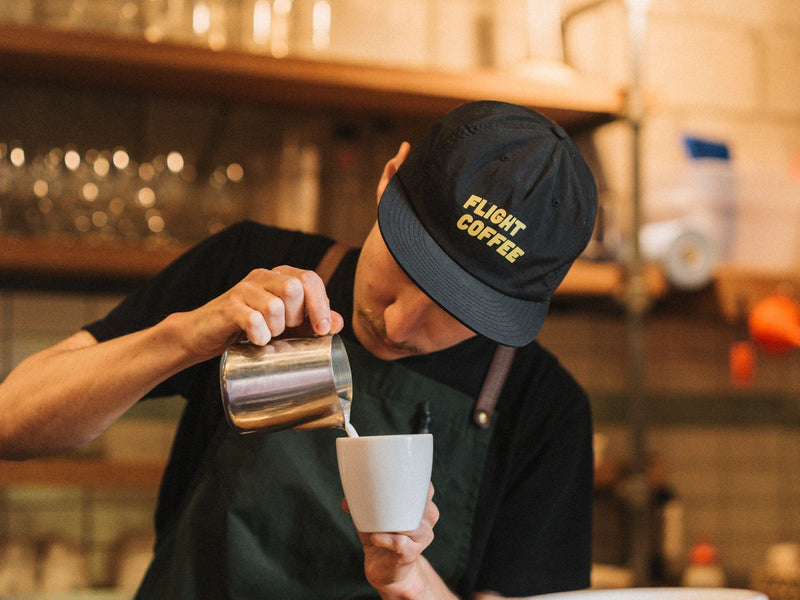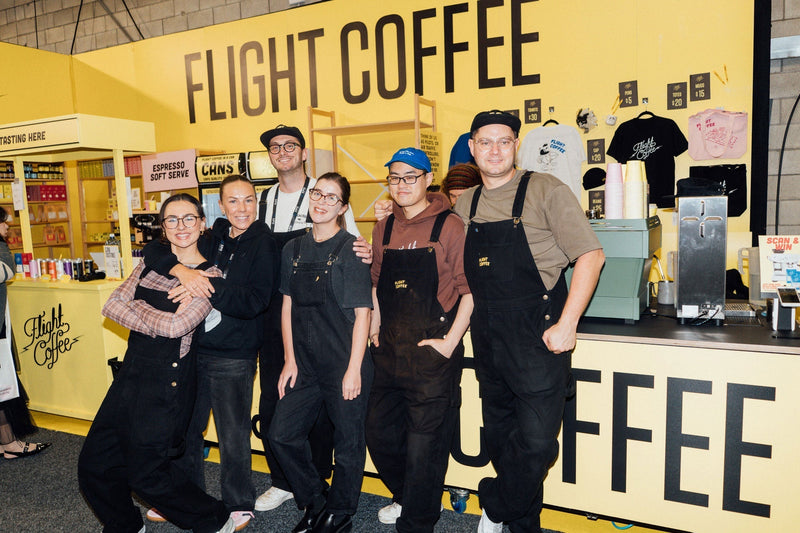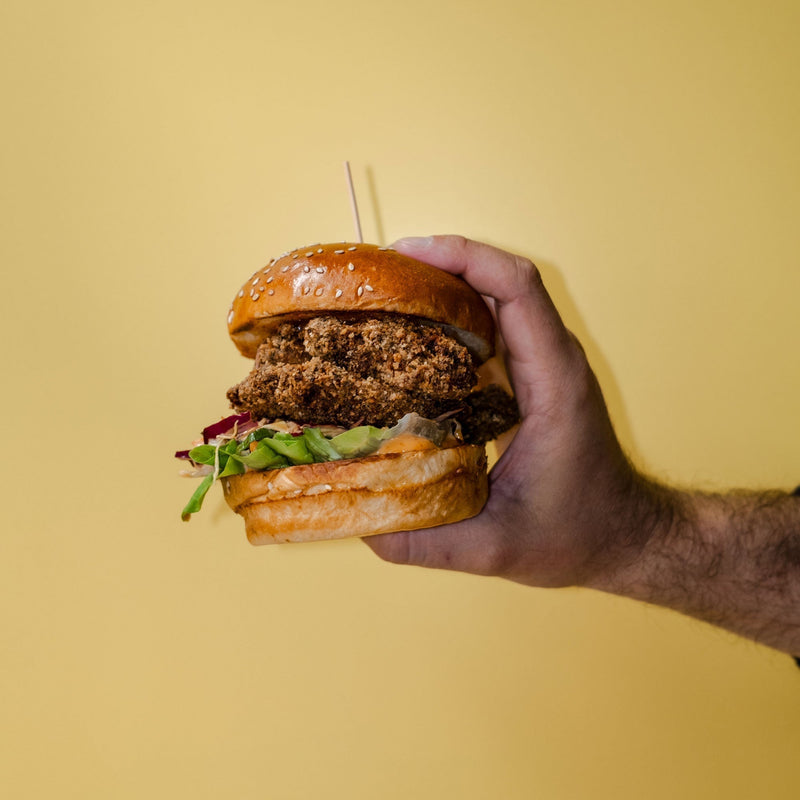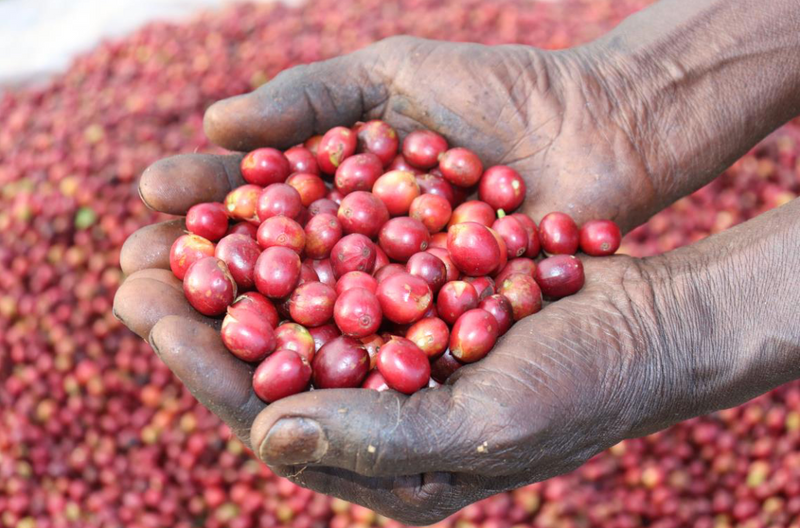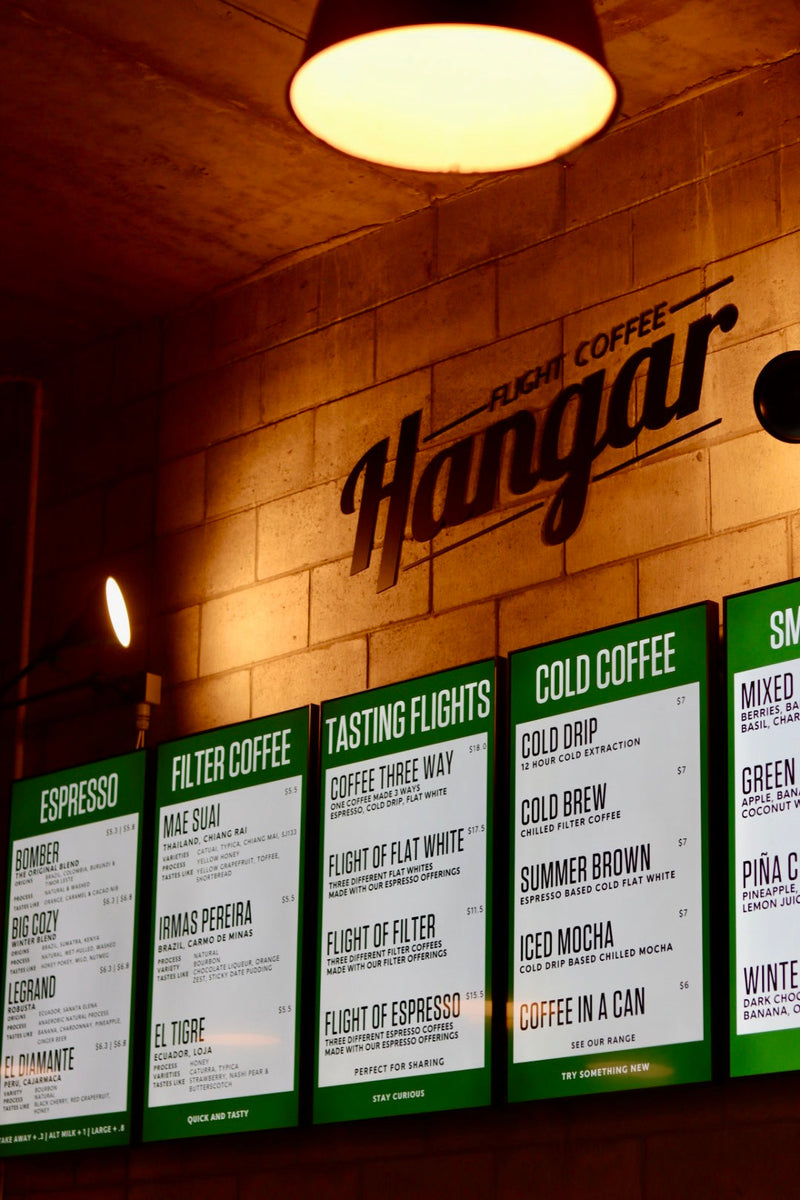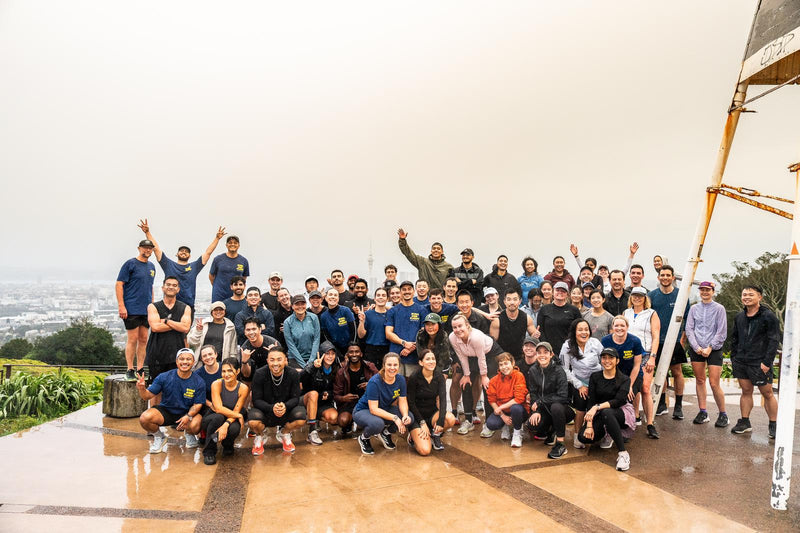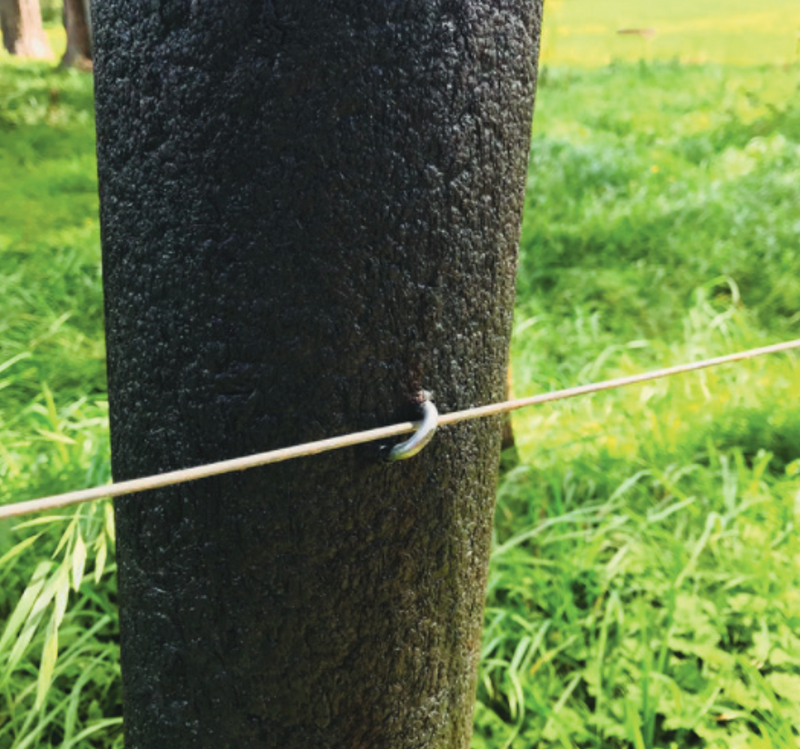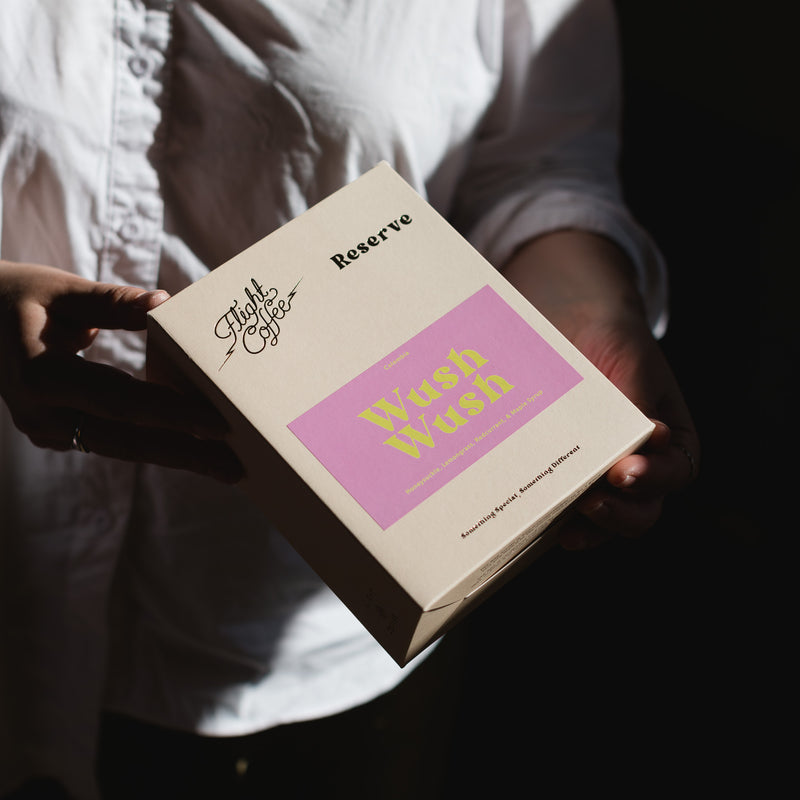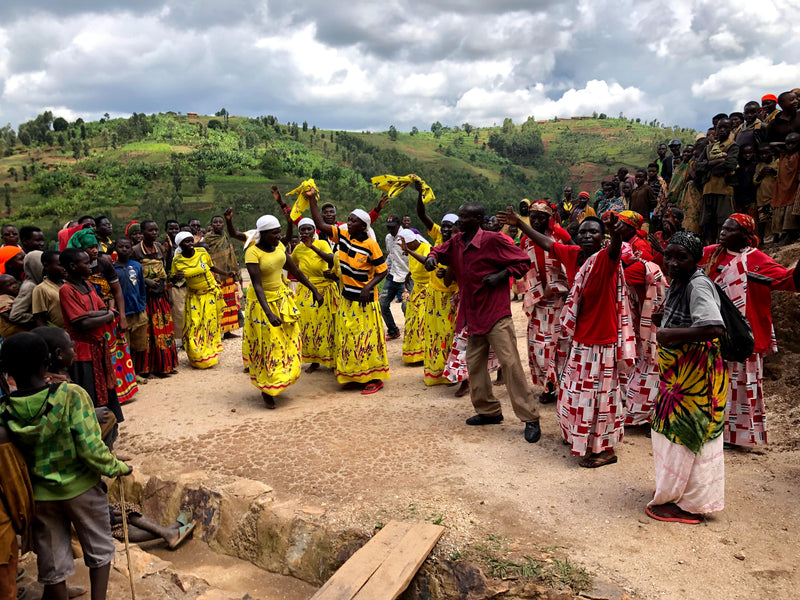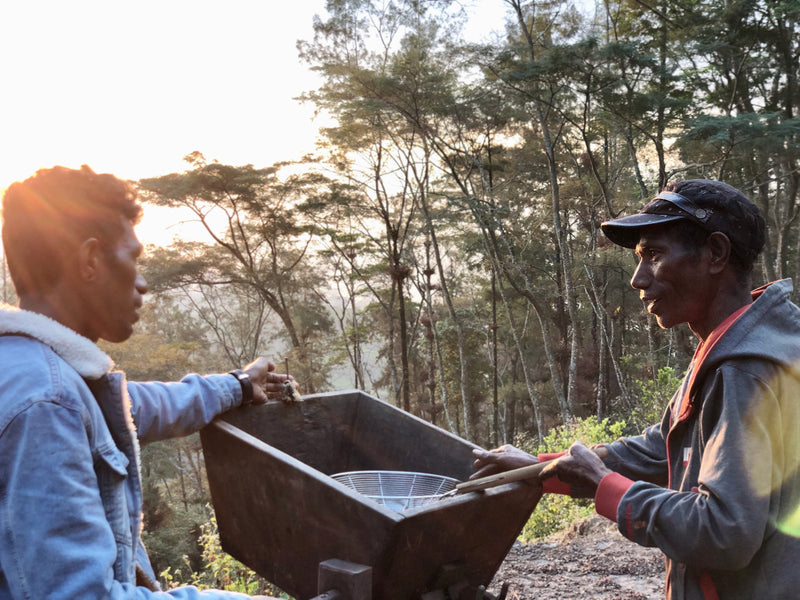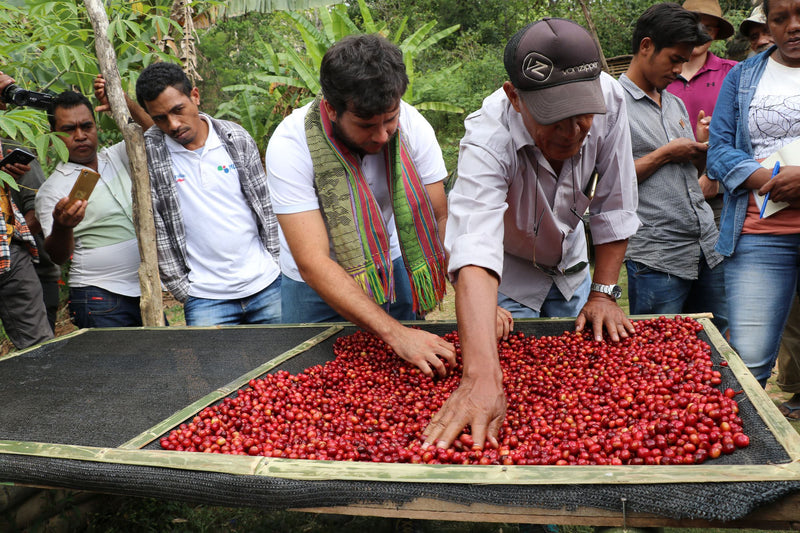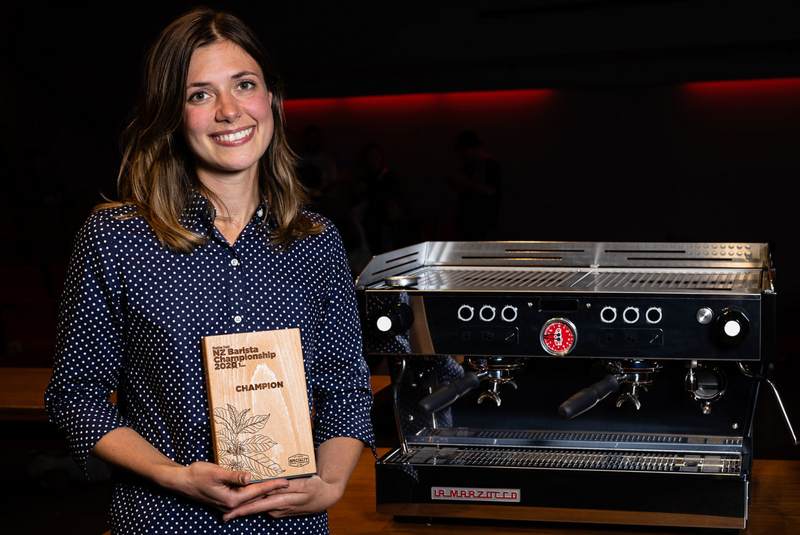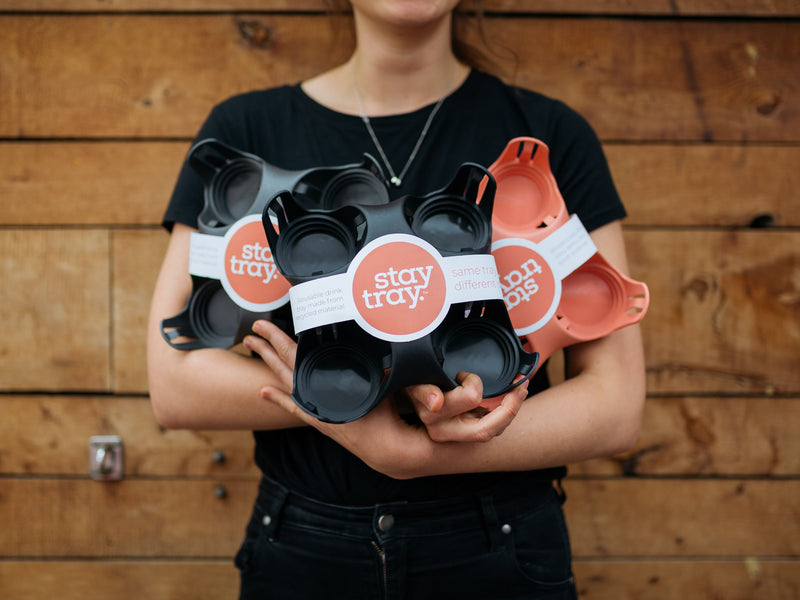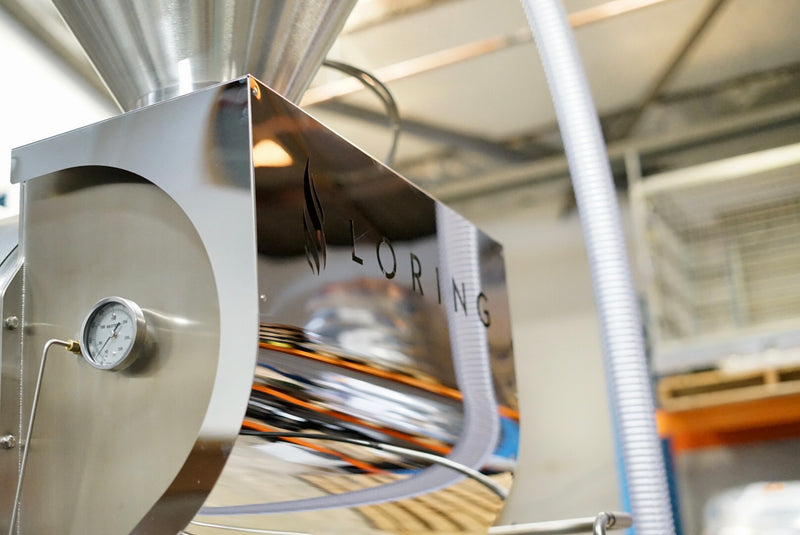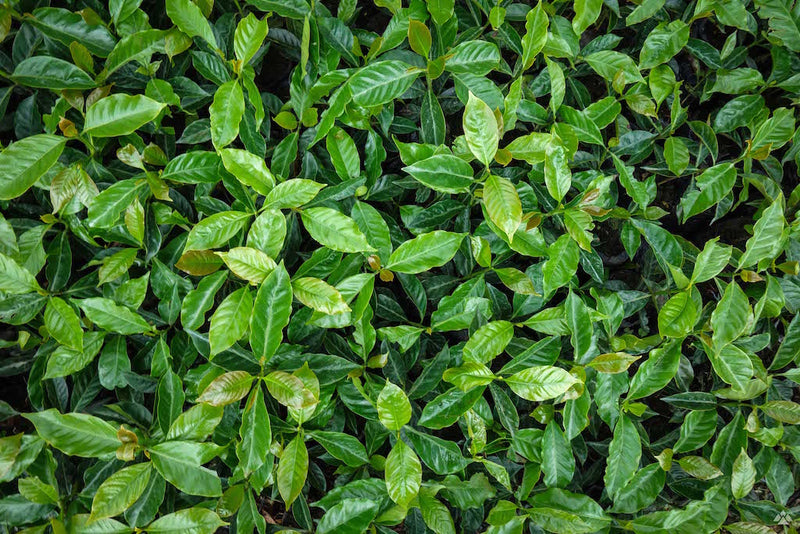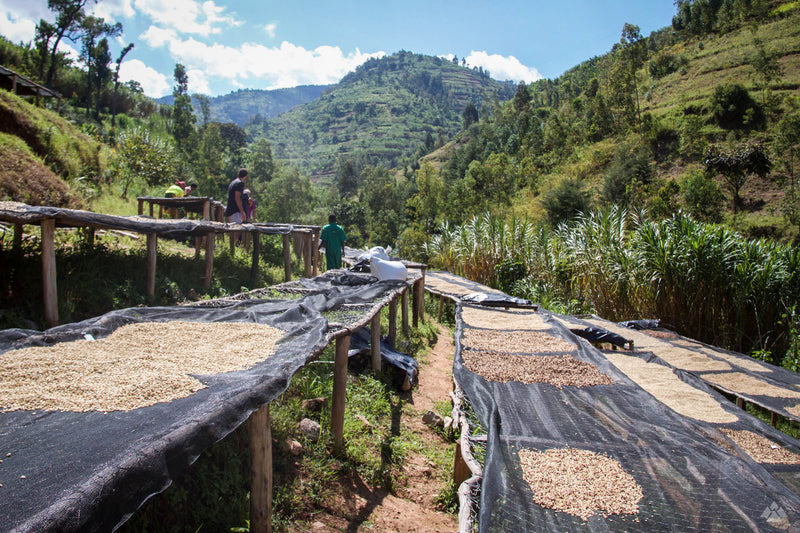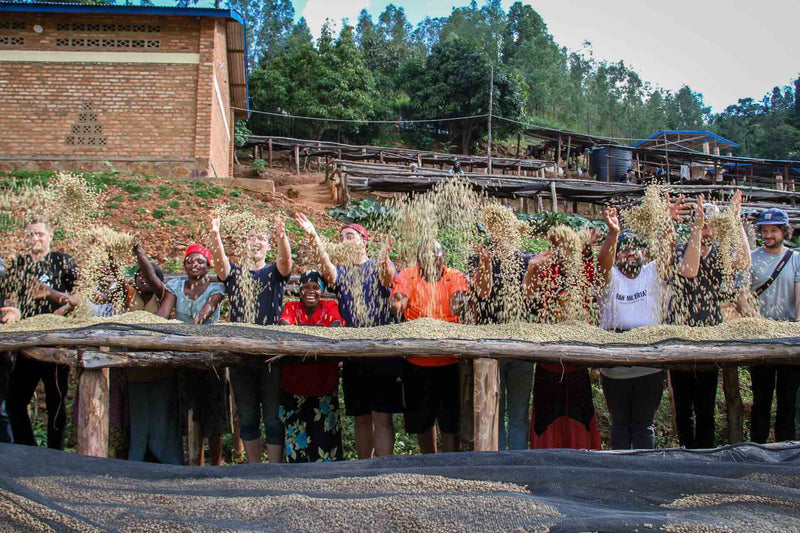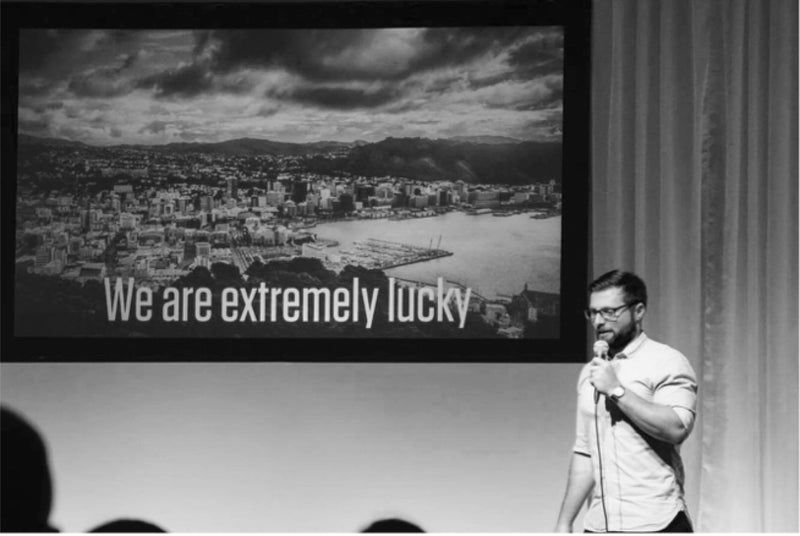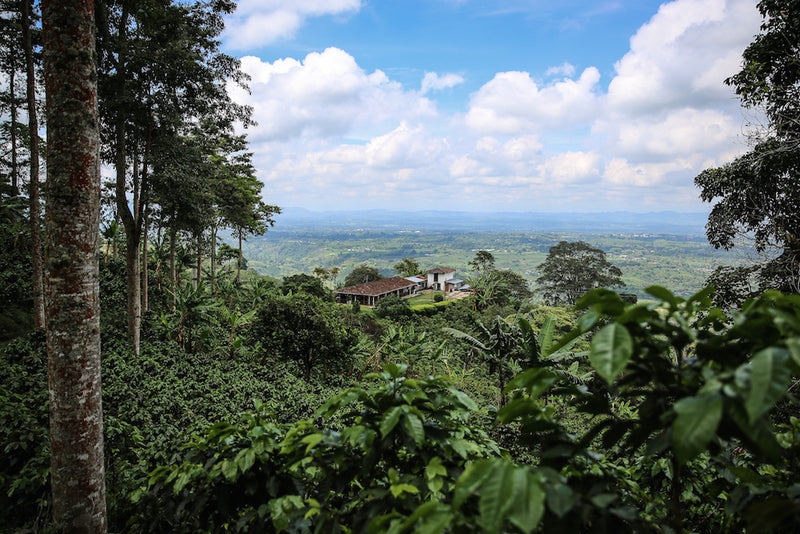I have been a barista competition judge since 2011 and a WBC Certified Judge since 2013. I have been lucky enough to judge at every WBC since then and was fortunate enough to judge the WBC final in Dublin last year.
There is a lot of really great discussion about the format of the WBC and whether it and some rules are relevant today. Much of it has revolved around a lack of evolution over time and as such questions regarding its relevance and contention around particular rules have surfaced. These conversations aren’t new but seeing as how there’s a lot of talk at the moment I’d like to highlight some points that hopefully help balance and shape this conversation.
I’d describe the experience I’ve gained as a judge over the last 7 years as one of the most important professional development programs of my coffee career. Much like a competition
THERE MAY ONLY BE ONE WINNER BUT WE ALL STAND TO GAIN.
It’s a fact of any competition. There will be one winner with many disappointed people but crowning a champion every year also brings with it much personal success for many other people.
I don’t compete because I’m not wired for it. Judging the WBC Final last year was a career highlight for me and something that I worked toward the day I first picked up the clipboard. I’ve been a head judge at a national level in New Zealand, Australia and Japan and I’ve seen and experienced some of the most satisfying moments of personal achievement from individuals who participate as judges.
Judging is emotionally draining. You stand in front of your peers and are asked to read out your score, terrified that you’re out of calibration and frightened by the potential embarrassment of being called out by the head judge. I haven’t met a single judge that hasn’t had this experience.
Every year I head judge I see the penny drop with new or inexperienced judges. It might be a light bulb moment where they finally understand the sensory perception differences between aftertaste and body, and they accurately describe and score their experience appropriately, or it might be a moment where they no longer have a fear of embarrassment with being called out. Judging is as much professional development as it is personal.
While I appreciate the discussion focuses entirely around rules that are convoluted or seemingly irrelevant, it’s important to remember that competition isn’t just about the winner or finding an ambassador. We should be open minded to the fact that the format to date has served as a platform for professional and personal development for many people and whatever shape it takes in the future, it will continue to do so.
THE PRIZES AREN'T EXCLUSIVELY FOR THE CHAMPION.
It is true that the winner will have all the glory and likely undergo a life changing experience, and so they should, but those who don’t win do get opportunities to be noticed and recognised. The opportunities may not be equal to that of the champion and this is understandable but the competition format does provide a stage for crafty, creative and curious individuals to get noticed. This is relevant for both national and world level.
World Coffee Events have made great progress with encouraging community amongst competitors at WBC and have created opportunities for groups of competitors that would otherwise miss out if they didn’t win. Last year they introduced the Barista Team concept. Competitors are grouped together combining scores at the end of the competition where the winning team are hosted at an All Stars event sometime throughout the year. In this, if a national champion didn’t make the semi’s or finals, they are still included in the competition community and benefit beyond just winning their national event.
The All-Star events also see past and present finalists invited to national body competitions hosting presentations or discussions raising awareness of the competition in different markets.
Beyond this, some of the most important progression we’ve seen in recent years has come from competitors who haven’t won the WBC. Matt Perger flipped espresso grinding on its head in 2013 by using the EK-43 in the competition. In 2014, Maxwell Colonna-Dashwood furthered the conversation concerning water quality bringing it to the international stage in the form of competition. In 2015 and 2016, Ben Putt placed his espresso courses in a vacuum introducing an all new concept to espresso consumption.
These are just 3 examples of competitors who have received international notoriety and not won the WBC. This notoriety affording them commercial opportunities that they may have otherwise not had access to.
In my experience, the WBC has offered me many opportunities to progress, network, advance and learn. I know this to be true for many others, competitors and judges a like. Placing the spot light solely on the champion doesn’t reflect the true value that the WBC brings to our industry and individuals who participate in it and we should be mindful of this when discussing changes to the format.
ABOUT GEISHA.
Let’s take a look at the last four WBC champions and the coffee they competed with:
2016 – Burg Wu - Geisha (Panama)
2015 – Sasa Sestic - Sudan Rume (Colombia)
2014 – Hedinori Izaki - Caturra and Typica (Costa Rica)
2013 – Pete Licata - Caturra (Colombia)
This tells us, at the highest level, enough time hasn’t passed in order to fully determine Geisha as a competition dominant variety (for WBC). While I appreciate it has made more of an appearance in national body competitions recently, and was, if I recall correctly, used in 3 out of the 6 WBC finalist performances last year, I don’t believe Geisha has earned the dominating status it seems to have been given in the WBC.
History may prove me wrong but we should consider that Geisha, like many other varieties roasted and brewed well, fits within the definition of the rules that allow judges to give it a high score. Geisha is so divisive because it has such a distinct flavour profile but the rules do not specifically bias one generic profile against another.
I say this as I would hate for the first time or inexperienced competitors to be put off competing because they don’t think they can win due to not having a Geisha – this is simply not true. I think a measured and cautioned approach to this topic is required to ensure what we’re saying is accurate. Having a Geisha is no guarantee to success.
THE SIGNATURE DRINK.
Berg Wu’s signature drink was one of the tastiest beverages I’ve ever put in my mouth.
Every sensory aspect of his signature drink fully highlighted, enhanced, complimented and made better his coffee. He created two simple infusions that seemed insignificant in volume, then adding jasmine and mandarin essential oils to a diffuser, infused everything with nitrogen. The result was an effervescent, bright and balanced beverage which was an absolute pleasure to drink.
To this end Berg fulfilled the spirit of the rule completely. He showcased and highlighted his espresso, making the overall experience better than the sum of the individual parts. Very tasty beverages can be achieved despite what may seem like a conceptually basic method or a restrictive set of rules. In many regards we could argue that less is more and simple is best. How this then correlates to how well someone scores is entirely up to how well they deliver the information, execute their beverage and prepare their espresso.
I don’t disagree that parts of this section could do with an overhaul and I think this section provides the most room for exciting future developments but as restrictive as some may feel certain aspects of the rules are, we still see and experience some very tasty beverages that I know a lot of everyday people would enjoy drinking.
A COMPULSORY ROUND.
After recently head judging the regional Japanese Brewers Cup compulsory round I can see a benefit of introducing this to the WBC. It is fair to expect a talented barista to spend time dialling in a coffee they know nothing about and giving it to judges for a blind evaluation. The one thing a compulsory round will highlight is the difference in skill set amongst baristas while limiting variables and I can see how this is a good thing.
How effective this would be at a world level would remain to be seen and I think the national/regional level would benefit more from it than at a world level. Perhaps this is a silly assumption but my guess is at world level the standard deviation of scores between competitors for a compulsory round would be very small possibly rendering it useless. Perhaps not.
There is one thing to keep in mind with all of this and it cannot be overlooked, however. Whatever major changes are introduced to the WBC Rules and Regulations need to be considered with the sponsors in mind. We wouldn’t have a WBC or national body events without sponsors and this, along with the consideration of some rules, needs to be remembered by all of us.
For example, if we introduced a compulsory round, how would this affect the machine sponsors? Would they need to provide 3 or 4 more machines at world level? What about at national body level? Many national bodies scramble for sponsorship every year in order to raise enough money to host their event. I know from being involved with the national body in New Zealand the challenges our event organiser faces year after year with raising money.
Perhaps this is why things are slow to change, it’s not unreasonable if so. We have no competition without sponsors.
THE ELEPHANT IN THE ROOM.
I am a white English speaking male and the competition format is designed, quite by accident, for me and others like me to succeed. I think a pertinent and important conversation piece is addressing language and gender diversity in the competition.
English second language competitors are disadvantaged. That they’re allowed a translator shouldn’t be considered an equal opportunity to native English speakers and though we’ve had bi-lingual champions in the last 3 years, we need a discussion around how we can build the format to further assist competitors who don’t speak any English at all.
This is second to the big question on everybody’s mind. When will we have a female champion?
At the final’s announcement last year, there was a palpable sense of excitement that Charlotte Malaval might be our first female World Barista Champion. It was not to be and the whispers of disappointment by many could be heard around the stage.
I don’t even know how to begin this conversation. The rules certainly don’t have a bias against gender, Charlotte placed 5th because she was bested by 4 other competitors on the day who simply scored higher overall points. This doesn’t change the fact that women are disproportionately underrepresented in the WBC and the wider coffee industry and to date, there seems to be a very little conversation about this.
I don’t have the answers for this and if I am honest the causality of the problem is still a little unclear in my mind. I can and do acknowledge my privilege as a white male and I’m well aware of how this advantages me, however, I can’t articulate the conversation well enough and given that it is a sensitive subject it would be easier to leave it alone. But this doesn’t help.
With all the discussion about the competition format, rules and relevance, it would be great to see a mature and constructive conversation addressing gender equality in our competitions and our industry in general.
THINGS ARE CHANGING, ALL BE IT SLOWLY.
The WBC has become an institution and in my opinion is a force for good in our industry. We’ve seen technological innovation, processing innovation, competitor and judge advancement (both professional and personal), entire new communities formed, standards set and much more.
There is also the human element to consider. The WBC is the one event in the world I visit where coffee transcends race, religion, and nationality. You only need to watch the 2015 Iranian Barista Champ’s performance in Seattle to
Any change, when it comes, is made with a considered and expert opinion by many well respected and knowledgeable individuals. We’ve seen subtle yet significant changes over the last few years. Drastic changes require the need for competitors to adjust and judges to relearn protocols and these need to be applied at world level and national level and take the time to implement.
The announcement of this year’s changes present exciting and new opportunities for competitors to further challenge the traditional mindset of competing and I can’t wait to see what competitors come up with for the WBC 2017.
A FINAL NOTE.
My opinions represent those of my own and are not those of World Coffee Events. There is much more to discuss, however, I have addressed some key points I think need the most attention. Thank you for taking the time to read and I hope we continue having a progressive conversation.
Richard Corney.
